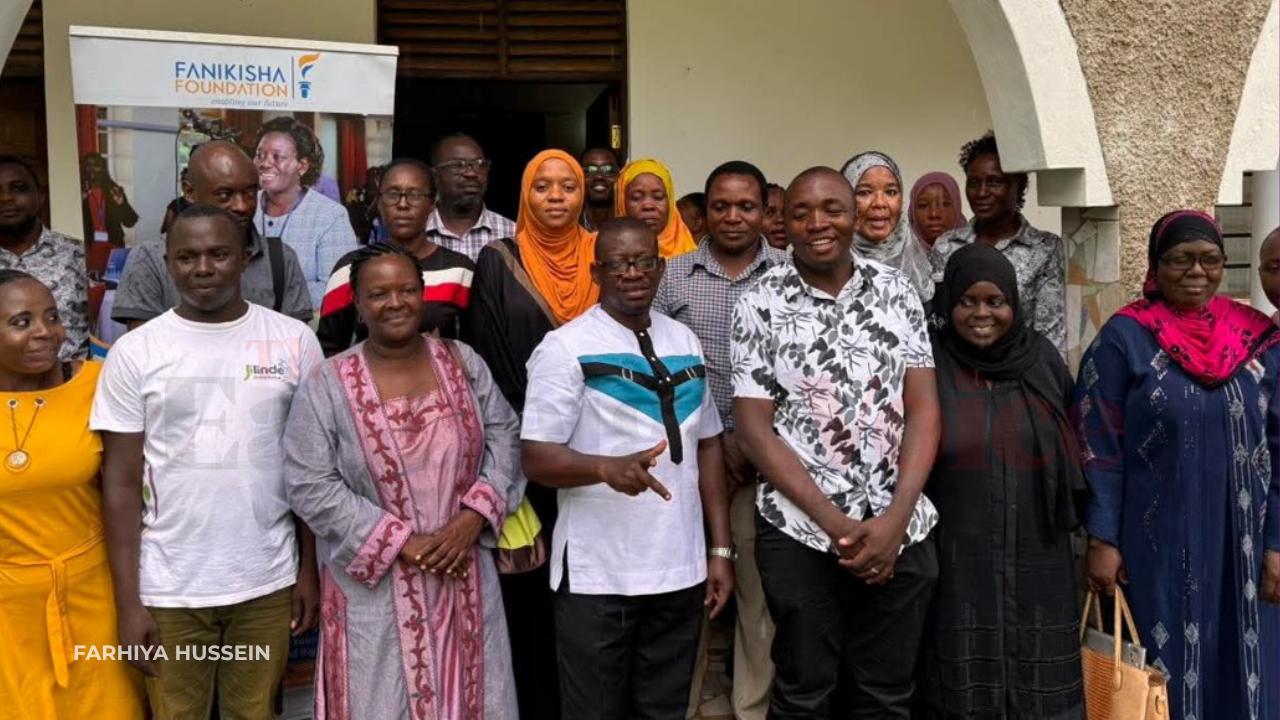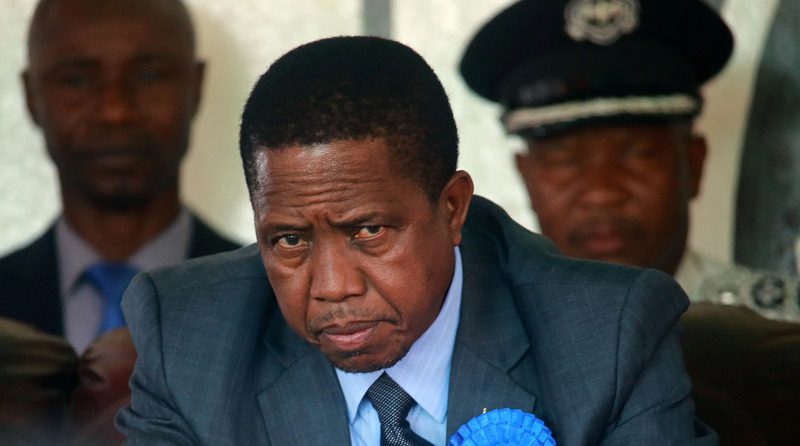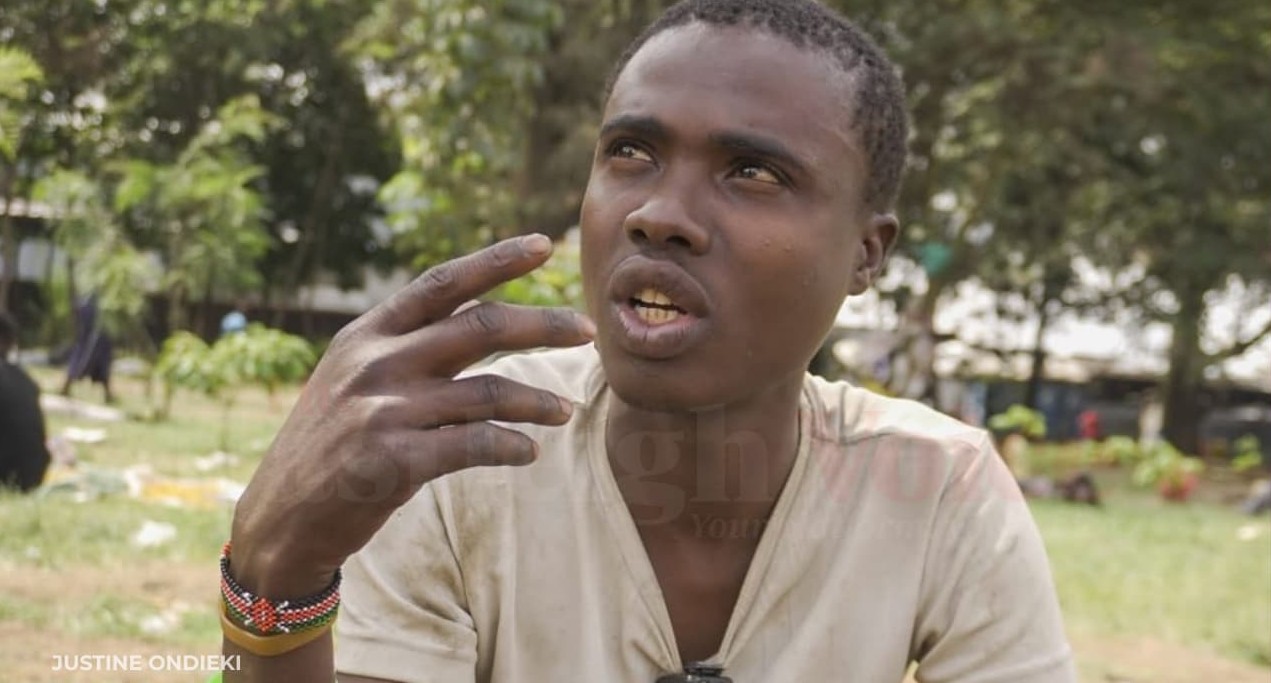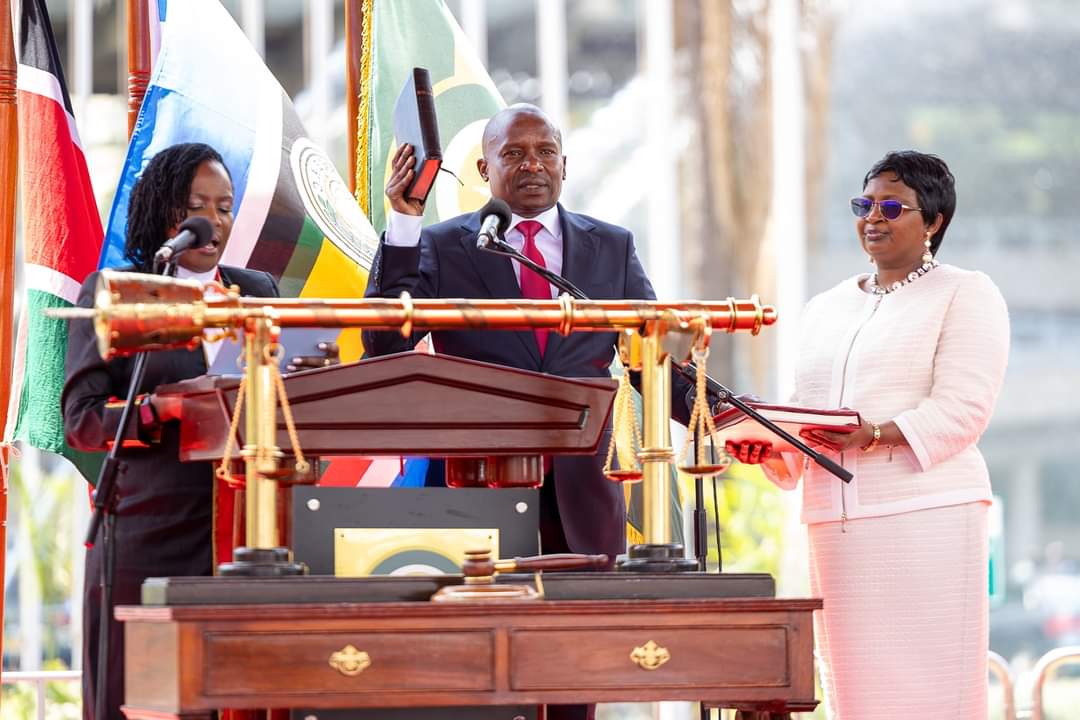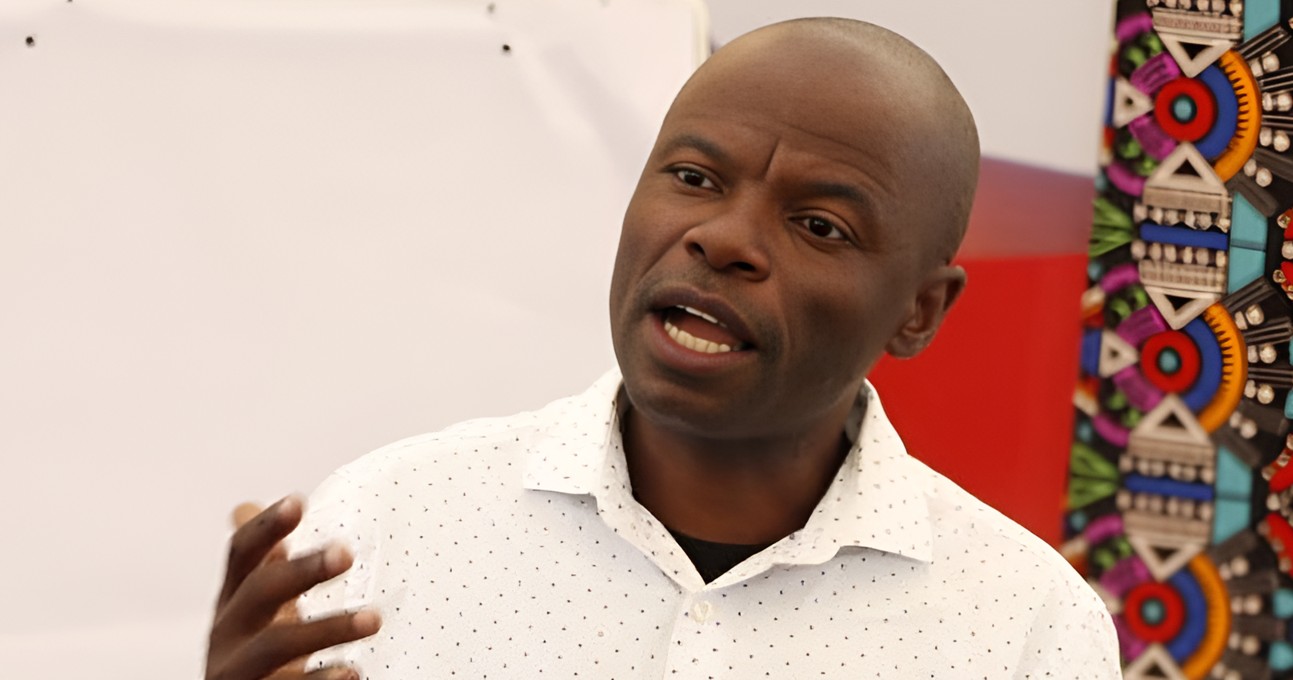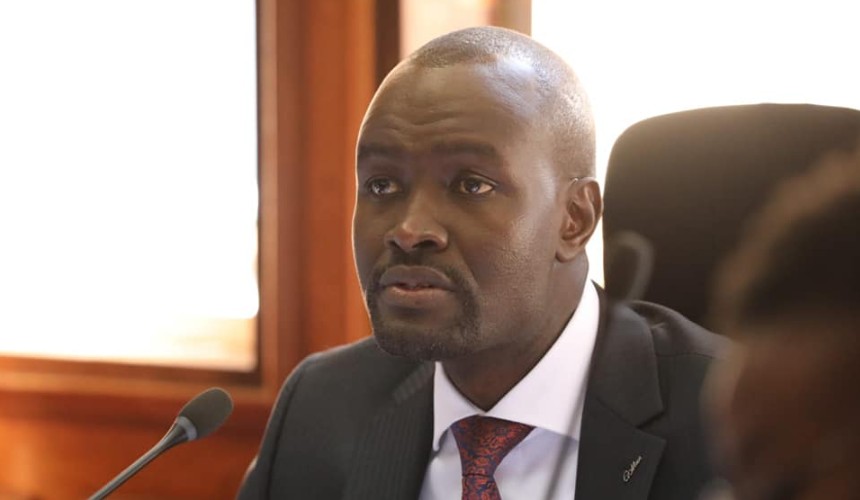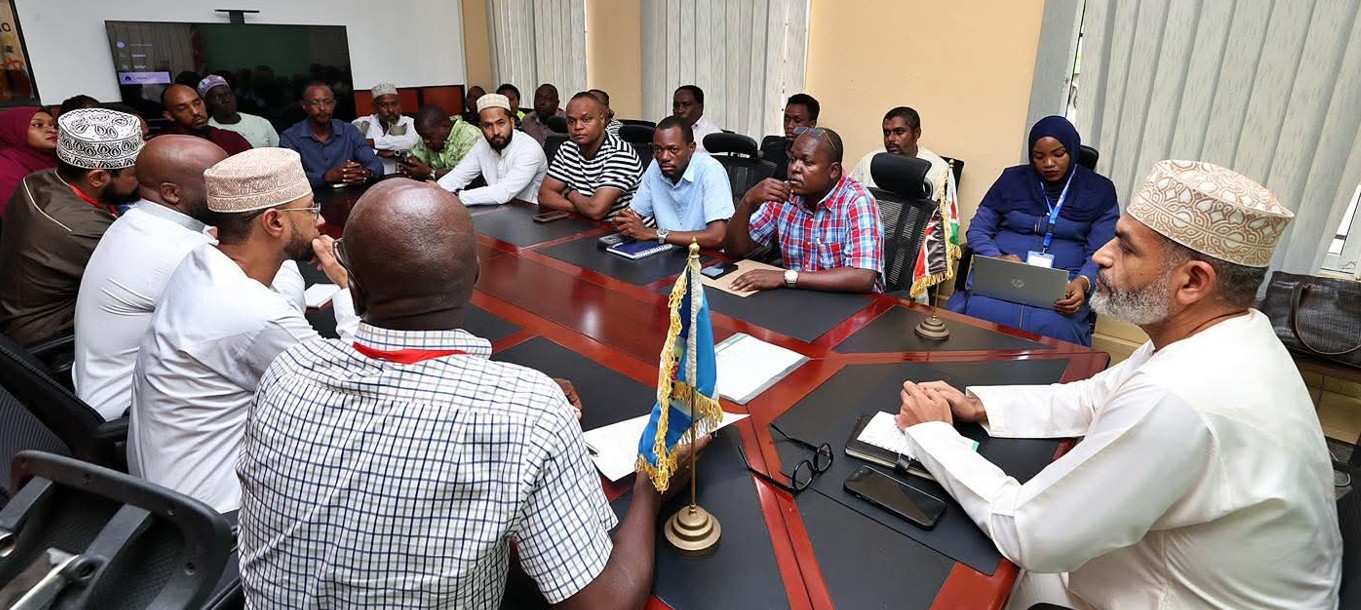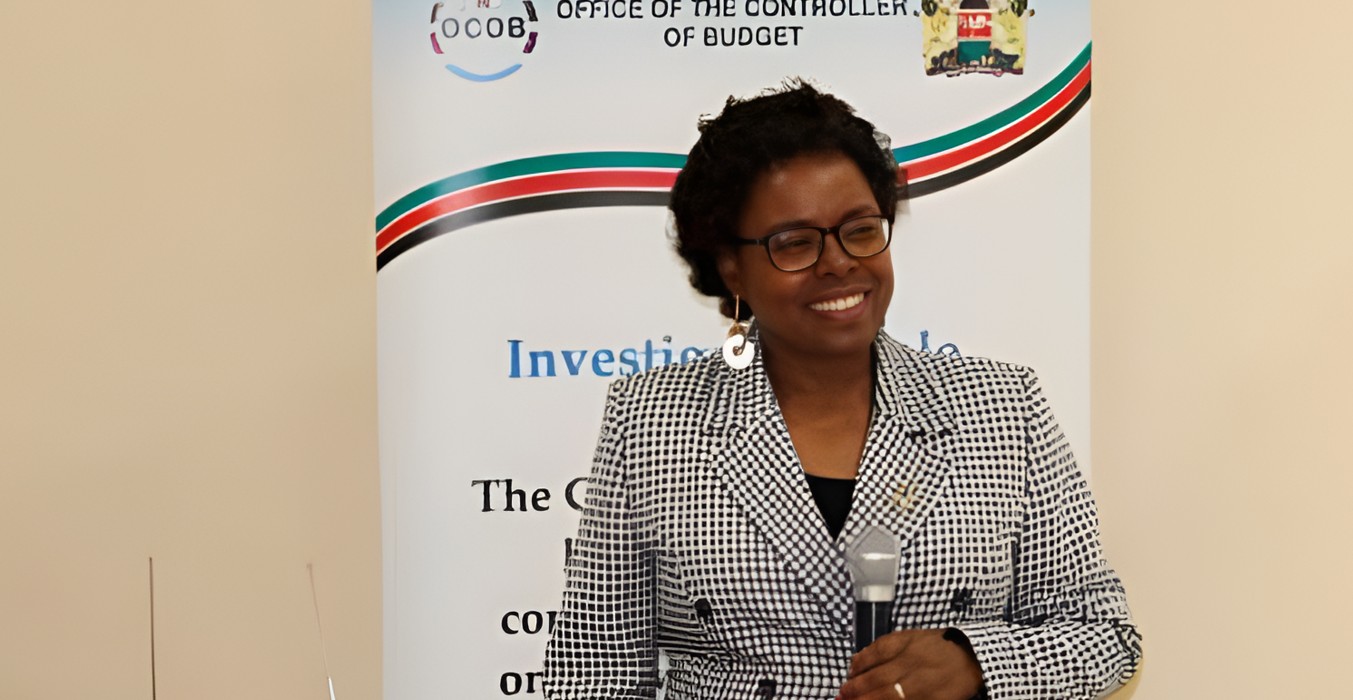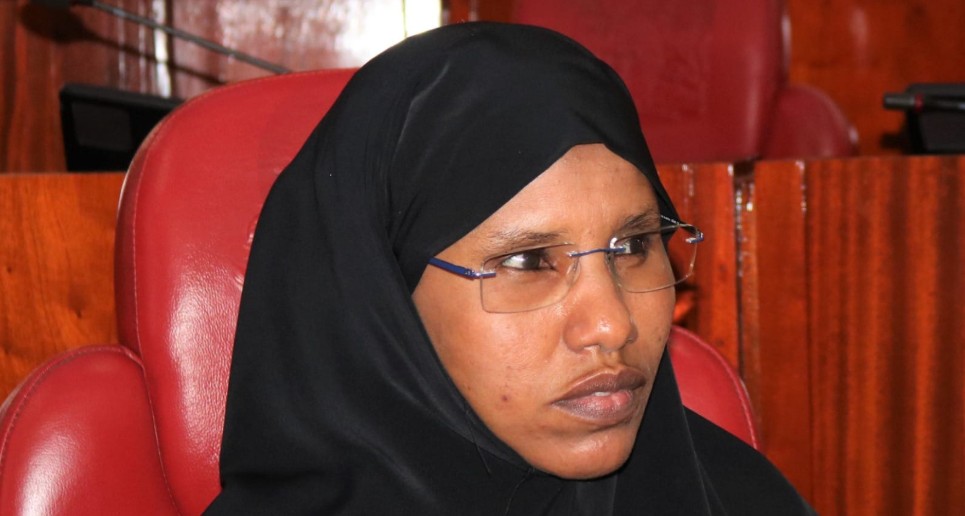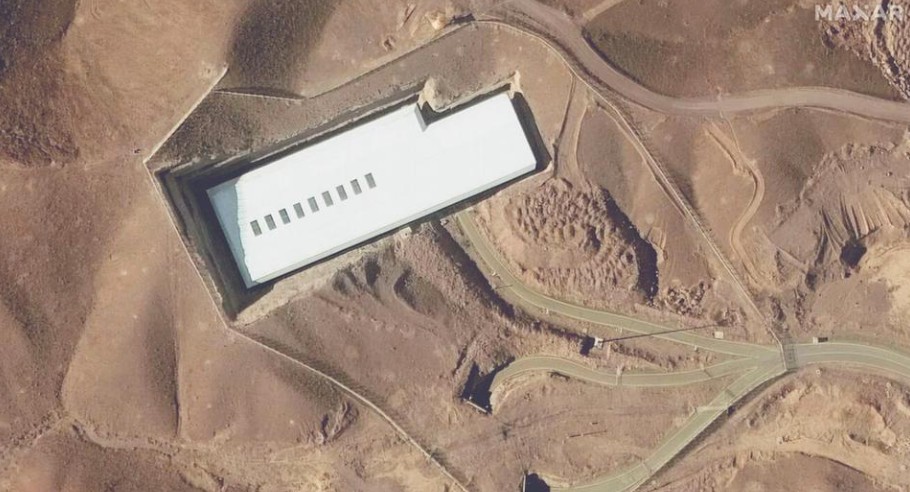Birr dips further after Ethiopia’s PM Abiy targets black markets
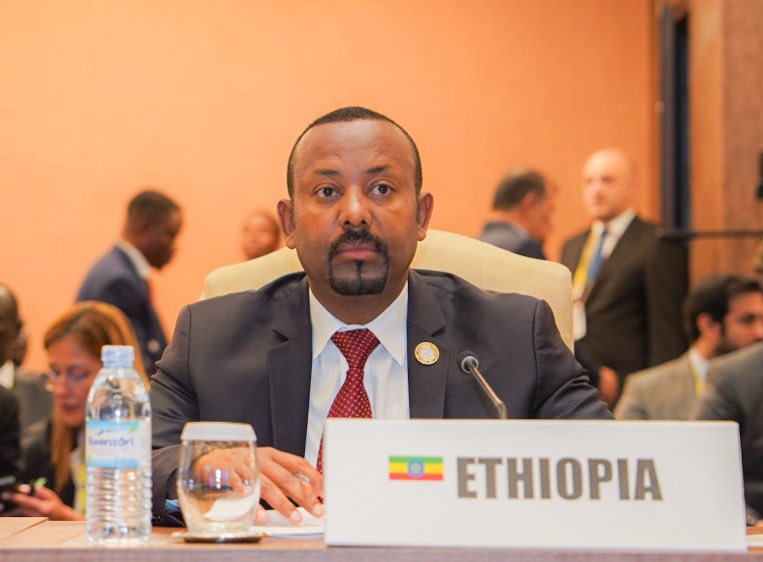
“Will some people be hurt by inflation? Yes. But this isn’t about striking gold or birr; it’s about making tough choices with significant benefits,” PM Abiy explained.
Ethiopia’s currency, the birr, dipped by about 40% on Friday, to a buying rate of 90.7 per USD and a selling rate of 98.05 per USD, after Prime Minister Abiy Ahmed called for more measures to regulate black markets.
Abiy, on Thursday, outlined the importance of the government gaining ground against black markets where the dollar trades up to 130, heaping pressure on his administration to curb foreign exchange losses.
More To Read
- Foreign direct investment inflows to developing nations fall to 18-year low, threatening job growth - report
- Bleak outlook as CBK reveals one in three firms won’t hire in 2025
- State bows to Gen-Z pressure, goes slow on external borrowing to finance budget deficit
- Somaliland at crossroads: Could US geostrategic interests break recognition deadlock?
- IMF probes Kenya’s governance in sweeping review set for October 2025 release
- Treasury to fund Sh4.2 trillion budget without IMF support
The birr has been on a downward spiral since Monday, when PM Abiy directed its exchange rate to be determined by market forces.
“I don’t believe the exchange rate policy currently followed by the banks ensures proper [currency] unification. We need to reduce the gap between the black market and the official exchange rate. What difference does it make if the black market rate is 130 and the official rate is 70? This needs to be addressed,” the PM asserted, according to the Addis Standard.
“We need a strategy that reduces the black market rate. The efforts so far are insufficient,” Abiy added, hinting at further devaluation of the Birr.
He argued that the gap between the black market and the official market was worse for the economy, with the negative effects felt nationwide.
“Even banks were operating in the black market. Everything except fertiliser and fuel imports is affected by the black market,” Abiy accused financial institutions of working parallel to the government's monetary policies.
The shift to a floating agenda is part of Ethiopia’s Homegrown Economic Reform (HGER) agenda as it continues to partner with the International Monetary Fund (IMF) and World Bank to revive its economy.
IMF already approved Ethiopia’s new four-year Sh442 billion (US$3.4 billion) loan, saying it is a key step that will enable Ethiopia to negotiate with creditors on restructuring the nation’s debt, worsened by the country’s defaulted payment on its only international government bond last year.
PM Abiy on Thursday defended the IMF-backed reforms against harsh critics who predicted the cost of living to rise and the value of the birr to dip further.
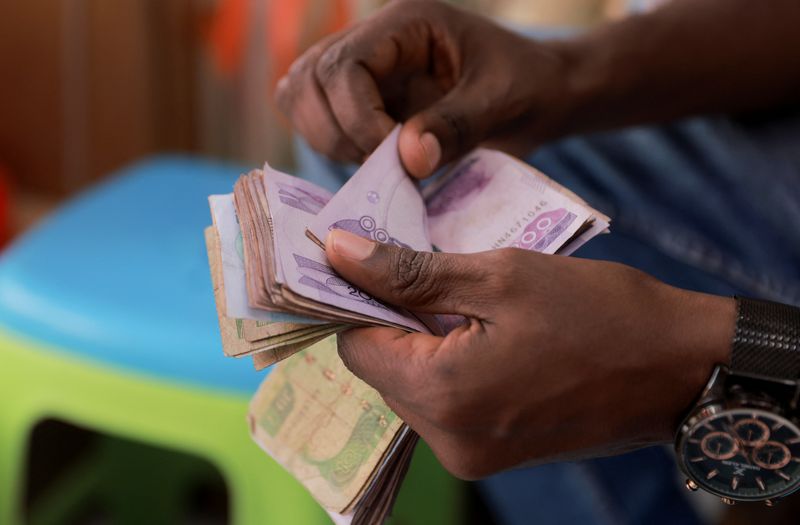 The Ethiopian Birr. (Photo: Courtesy)
The Ethiopian Birr. (Photo: Courtesy)The Ethiopian Birr. (Photo: Courtesy)
“I am often surprised by the reactions of Ethiopian intellectuals. The IMF has been working with Ethiopia since the time of Emperor Haile Selassie, through the Derg regime and the EPRDF, which implemented structural adjustment programmes, including a 58% devaluation,” he stated.
“We did not devalue the currency, that claim is false. What we did was currency unification,” PM Abiy Ahmed added.
He further argued that the changes, despite hurting the country, would be beneficial in the long run.
On the cost of living and inflation rates rising, PM Abiy warned the nation to brace for a rough ride.
“Will some people be hurt by inflation? Yes. But this isn’t about striking gold or birr; it’s about making tough choices with significant benefits,” he finally concurred with experts who criticised his administration.
“This wasn’t a decision made lightly. It’s one of the most significant decisions, second only to integrating peripheral national groups into the central government,” he explained.
Among the IMF conditions for the loan, other than adopting a floating exchange rate, were combating inflation through modernising the monetary policy framework, eliminating monetary financing of the budget, and reducing financial repression.
Ethiopia also needs to slowly remove subsidies to cushion the vulnerable.
Abiy stated on Thursday that his administration will continue to cushion the vulnerable by retaining fuel subsidies.
However, to combat exploitation and theft following the forex reform, he announced the establishment of a task force.
“A task force has been prepared for this, and there will be high-level oversight with necessary actions taken,” he said, emphasising the importance of strong enforcement and urged for a collaborative approach between the public and the government to restore the economy.
Top Stories Today
